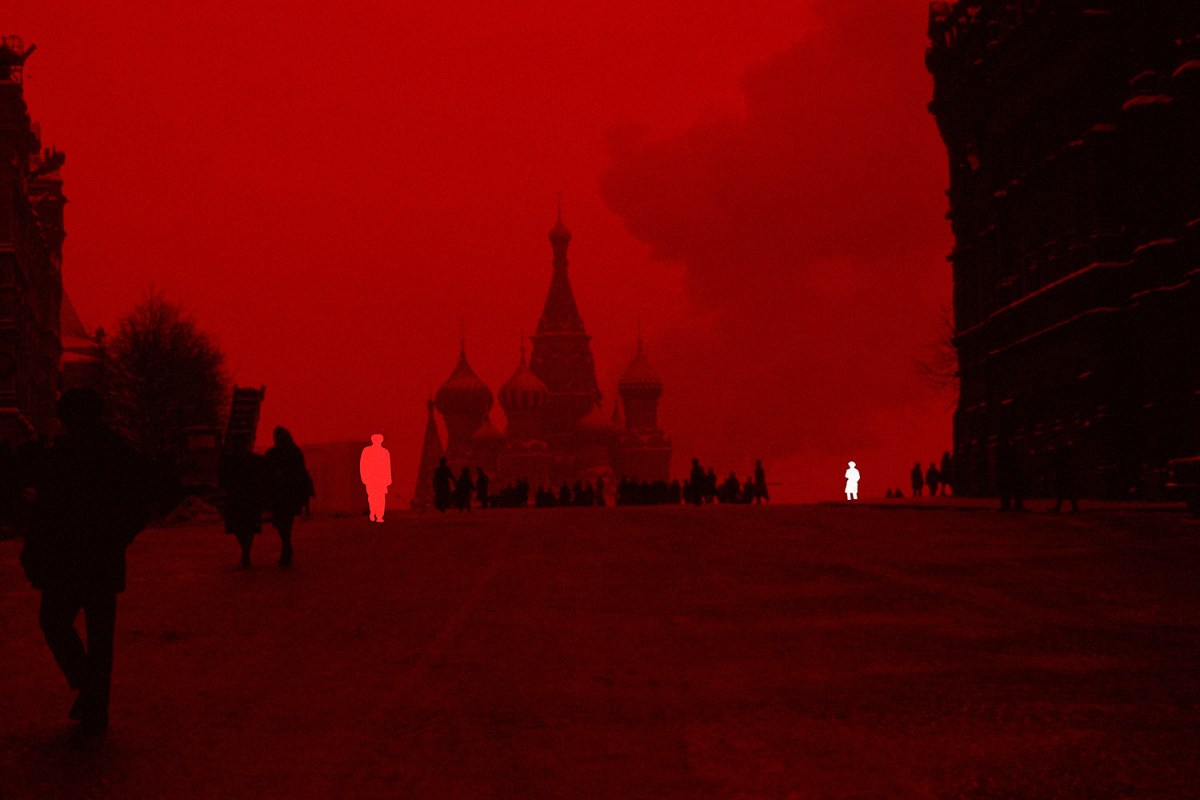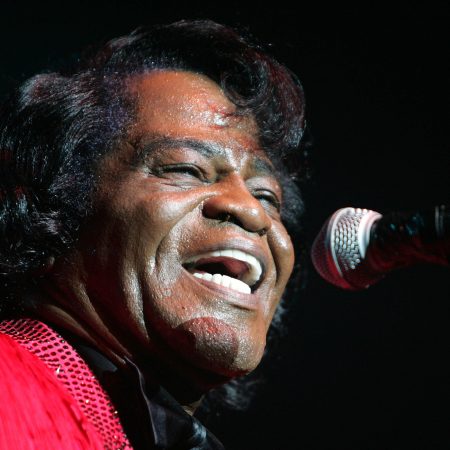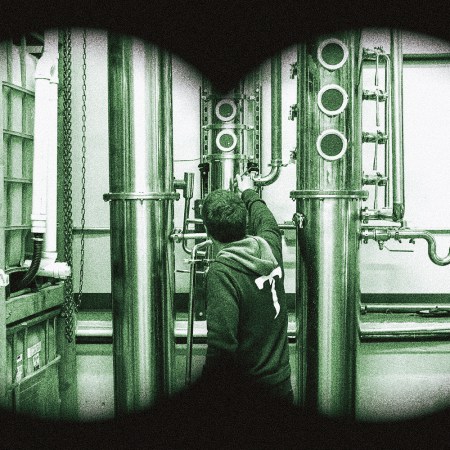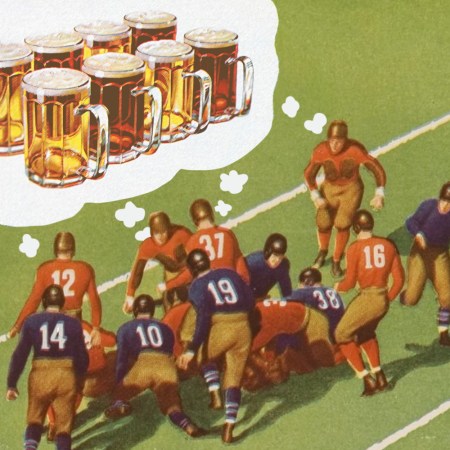John Sipher served in CIA’s National Clandestine Service for 28 years, doing multiple overseas tours including Russia, the Balkans, and Asia. He retired as a member of the CIA’s Senior Intelligence Service, and received the Distinguished Career Intelligence Medal. He is a featured subject in the Smithsonian Channel’s “Spy Wars” and the co-founder of Spycraft Entertainment. Here, he shares a harrowing tale of what it was like to be tailed by a KGB agent, as told to Charles Thorp.
I wanted to go to Russia when I finished my training at The Farm. I had originally entered the service as an analyst, but after learning more about the clandestine arm of the agency and the work that they did, I knew that’s where I wanted to be.
They put you through psychological training to make sure that you will be able to handle the job in the field. They want to make sure you are able to mentally deal with people tapping your phone, filming you inside your home and following you everywhere you go. There are people, even in the agency, who can’t deal with the reality of that life. Or have families that make that element difficult.
The experience in Russia is just a whole other level of what we call operational tradecraft, because the opposition is spending a lot of money and resources against you. Every single person that you meet with outside of the office is going to be stopped and questioned. And if they have information that the US government wants, they are going to be dealt with. On top of that, they are going to be turned against you, if they can be.
I was there when Aldrich Ames was arrested by the CIA for espionage against the US. So the belief at the agency was that he had given them our information, and they knew who we all were. The usual job of a case officer is meeting new people and making new sources, but it was different in Moscow because of how high-level the game is being played. There we only run a few gold-plated top-level sources, with critical information, and to prepare for one of those meetings would take months sometimes.
We worked out of the embassy alongside with the people from the state department. We wouldn’t hang out with other people from the agency, because if someone’s cover was blown and they were being followed, then both parties would be burned. I didn’t know if people at the embassy knew who the CIA agents were, because we weren’t out there advertising it, that’s for sure.
They put me up in a shoddy old apartment on my own, in a rundown building. First thing we would do when we got on the ground in a new country is explore. There is a lot of time that you are spending on the street, making visits to the museums, going to restaurants, and going to the Kremlin to really analyze the city surroundings. You need to know them like the back of your hand. Every back alley, every place to make a turn where you can determine your status and every place you can hide.
That is how you create the moments of opportunity that you need to slip away to meet with a source. You started to recognize the patterns from the people that were following you, the cars that were used, the clothes that they wore, or the places they would stop the vehicles when you stopped yours. They had certain garages and certain cars that they would rotate. Eventually you became familiar with them.
I would go out to drinks or to eat with other people from the States, and they would have no idea there were several people in the room following me. You had to be constantly aware of what you were saying, because there was always someone listening. I was single at the beginning of my time there. I would be on a date with a woman and spot someone out the corner of my eye taking pictures of us. There is nothing that you could do but make note of how they looked, so you could relay it back to headquarters and we could build files on them.
There are a lot of odd situations that happen when you are being surveilled to that degree. You might find yourself in an elevator with your surveillant because they didn’t know when you were getting on or off. Or you end up going out of town.
I remember one time I decided to go out of town last minute, and I hadn’t called anyone to tell them. So that meant they hadn’t picked up any phone calls that could have been overheard. I realized a little bit into the trip that I was dragging these guys out on the road with no idea of where they were going. They had no preparations for leaving town.
I stopped on a convenience store on the side of road to pick up some snacks and some beers. I walked up to the car, handed them a couple beers, and told them that we were going for a long haul out to the country. I walked over to my car and started driving. When I looked in my review mirror the guys were following me with their beers open, gave me a little cheers, and a thumbs up.
I sometimes describe my experience in Moscow to people saying that it was like a drug. It was bad for you but also addictive. Every day was a new challenge.
This series is done in partnership with the Great Adventures podcast hosted by Charles Thorp. Check out new and past episodes on Apple, Spotify or wherever you get your podcasts from. Past guests include Bear Grylls, Andrew Zimmern, Jim Gaffigan, Ken Burns and many others.
This article appeared in an InsideHook newsletter. Sign up for free to get more on travel, wellness, style, drinking, and culture.



















